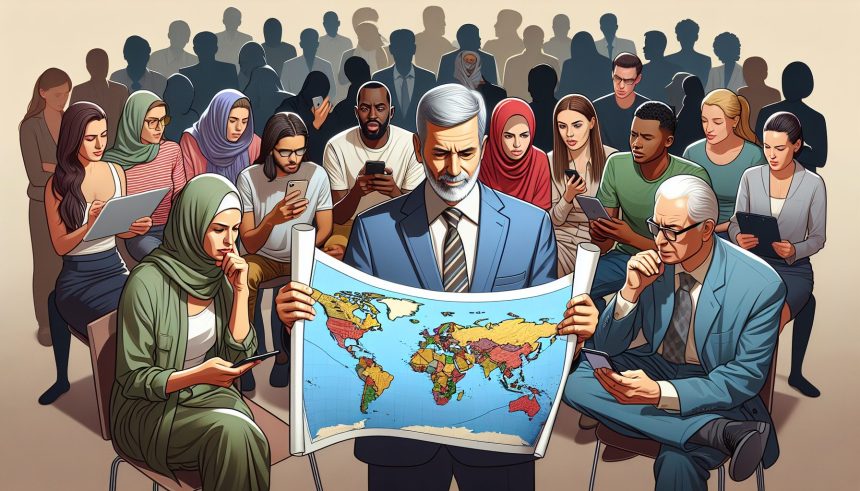Israel’s Prime Minister, Benjamin Netanyahu, has announced a ‘Day After’ plan for Gaza following a United States call-to-action concerning the Gaza conflict. The timing of this announcement has sparked questions as to whether the Israeli government intended for the plan to remain relatively undisclosed.
Since its unveiling, the strategy has drawn worldwide political attention. Both the motives behind it and its potential implications have come under scrutiny. Concerns are being raised over its potential to further fuel an already unstable situation in the region.
The plan has been met with varied reactions, including that of a former U.S. Jewish spy who surprisingly supports moving the Arab populace of Gaza to Ireland. However, India’s pro-Palestine position may complicate conversations between Prime Minister Netanyahu and Indian Prime Minister Modi.
Common criticisms of the ‘Day After’ Plan highlight its unviability and potential to exacerbate Gaza’s current tensions. Particularly, the Palestinian Authority expresses worry that Hamas might agree to the creation of a technocratic government in Gaza, potentially causing further discord between Gaza and the West Bank.
Adding to the tension was the unfortunate loss of two Israeli soldiers in a skirmish in southern Gaza. This incident casts a somber shadow over potential peace negotiations, highlighting the urgent need for conflict resolution and intervention from the global community.
In this maze of conflict and unclear strategy, an Israeli report accused Hamas of systematic and deliberate acts of sexual violence. Amidst this, rumors of Israeli soldiers looting in Gaza arise, promoting debates about the implications of acknowledging a Palestinian state and the possibility of indirectly validating terrorism.
The diverse opinions on the ‘Day After’ plan underline the ongoing strife and controversies associated with it, thus, questioning its suitability. On one hand, it aims to address significant environmental concerns, but on the other, its feasibility and practicality face debate by various stakeholders including the government, environmentalists, and industrialists. The conflicting viewpoints on its implementation timeline, projected cost, and potential economic impact contribute to the continuing uncertainty of its future.







